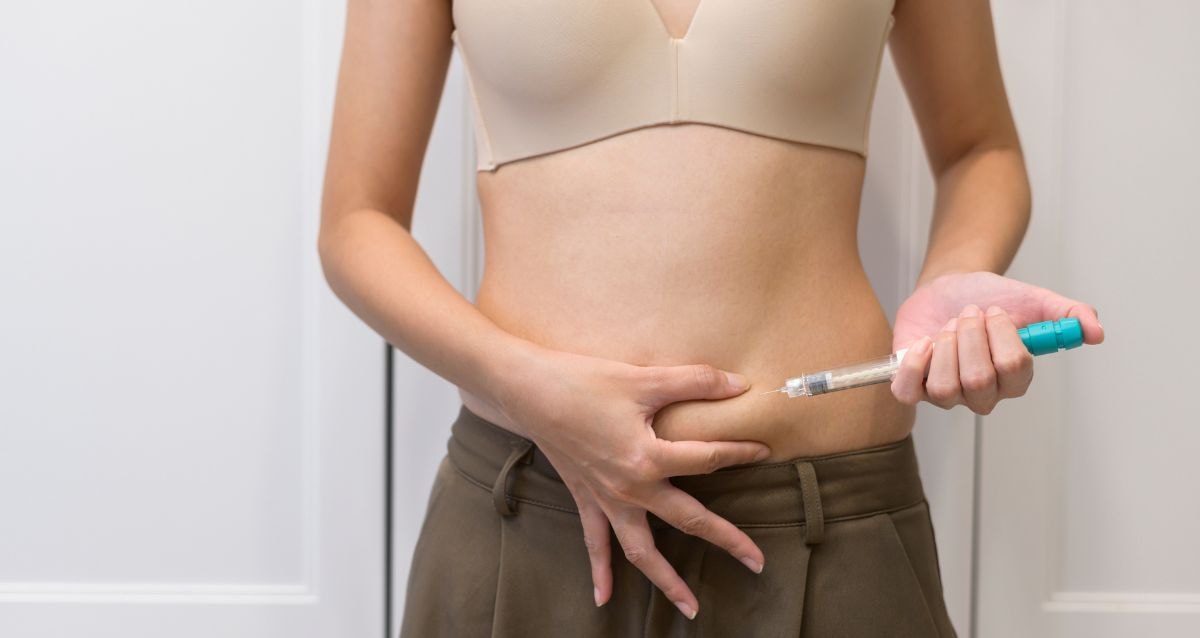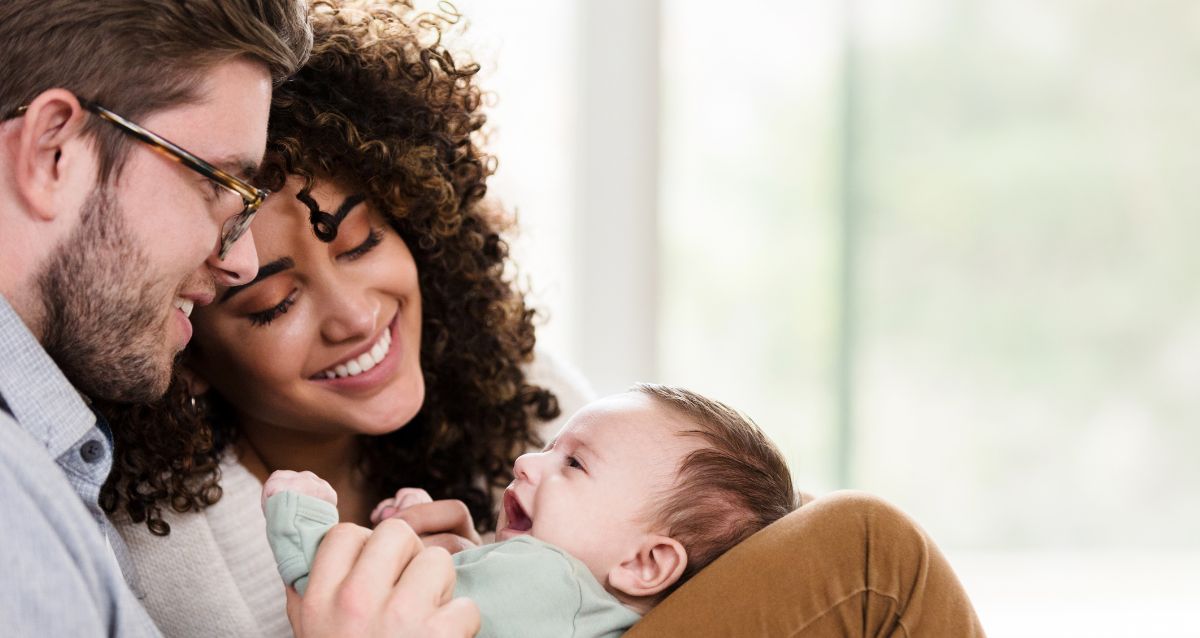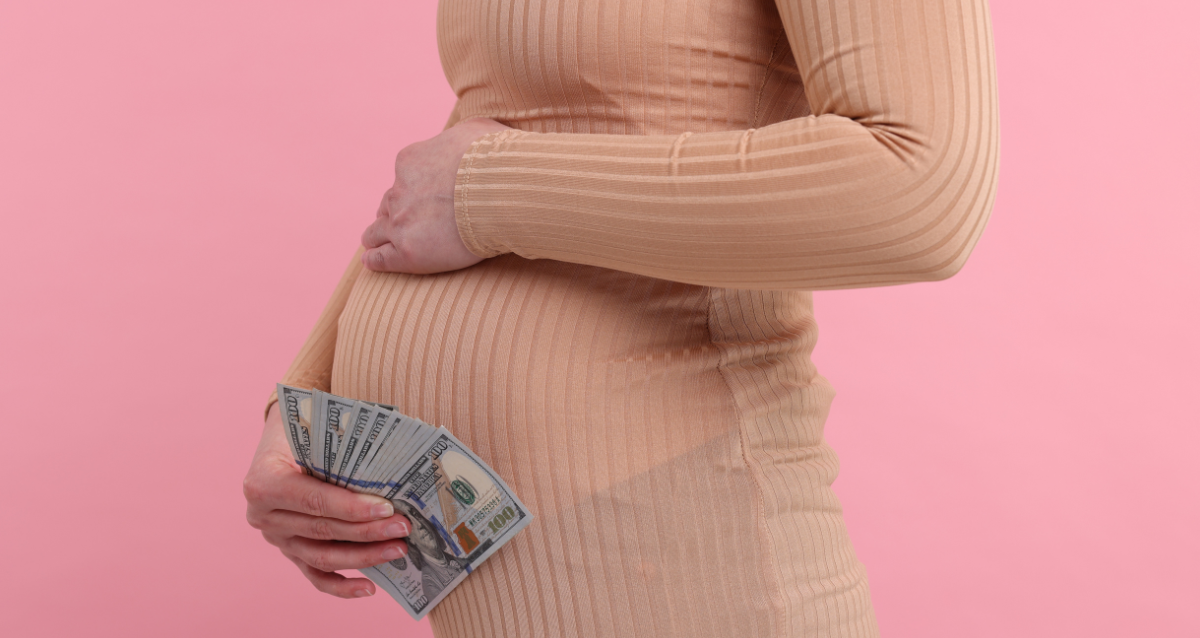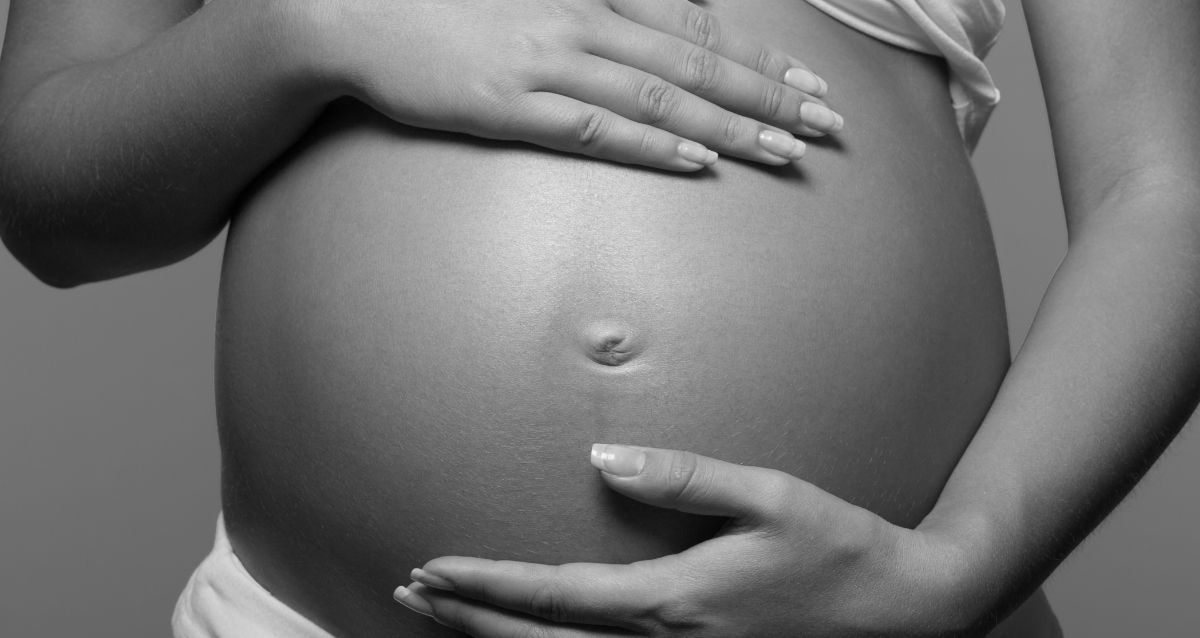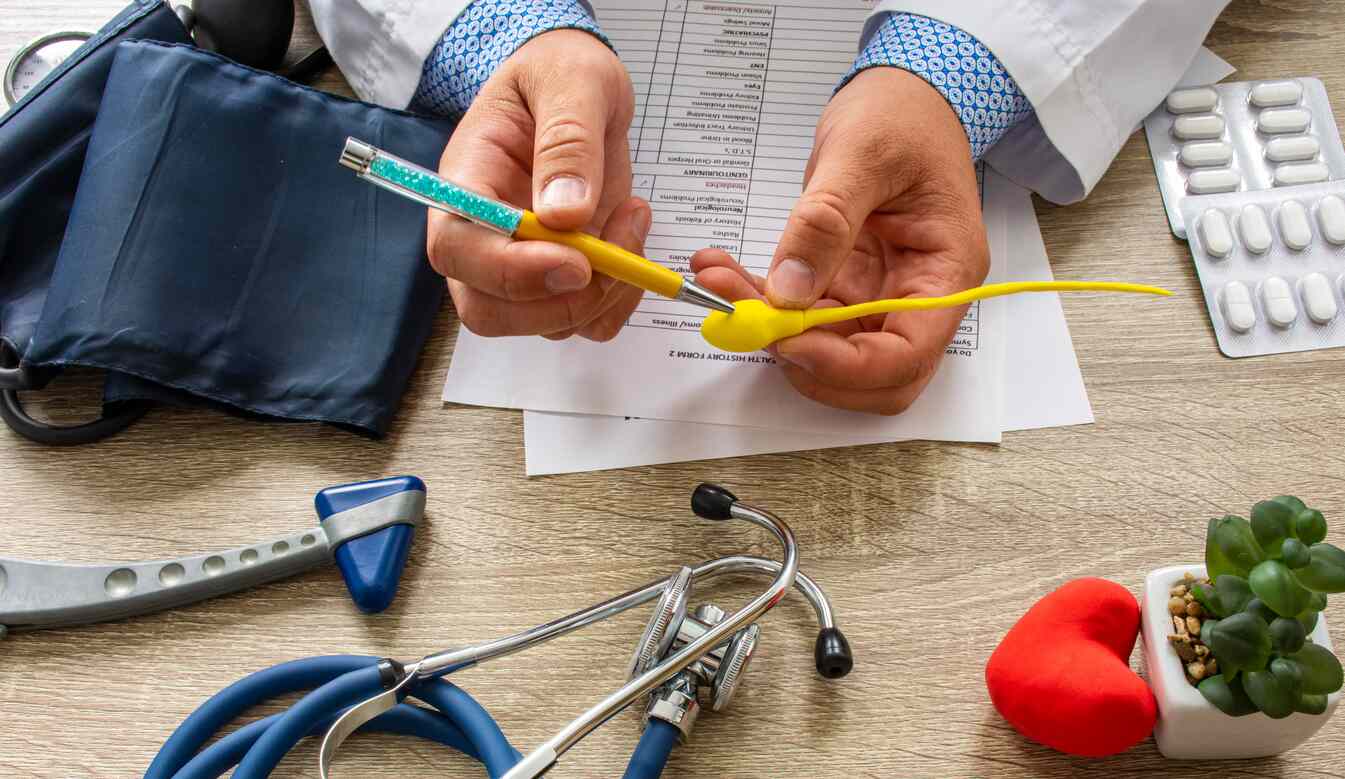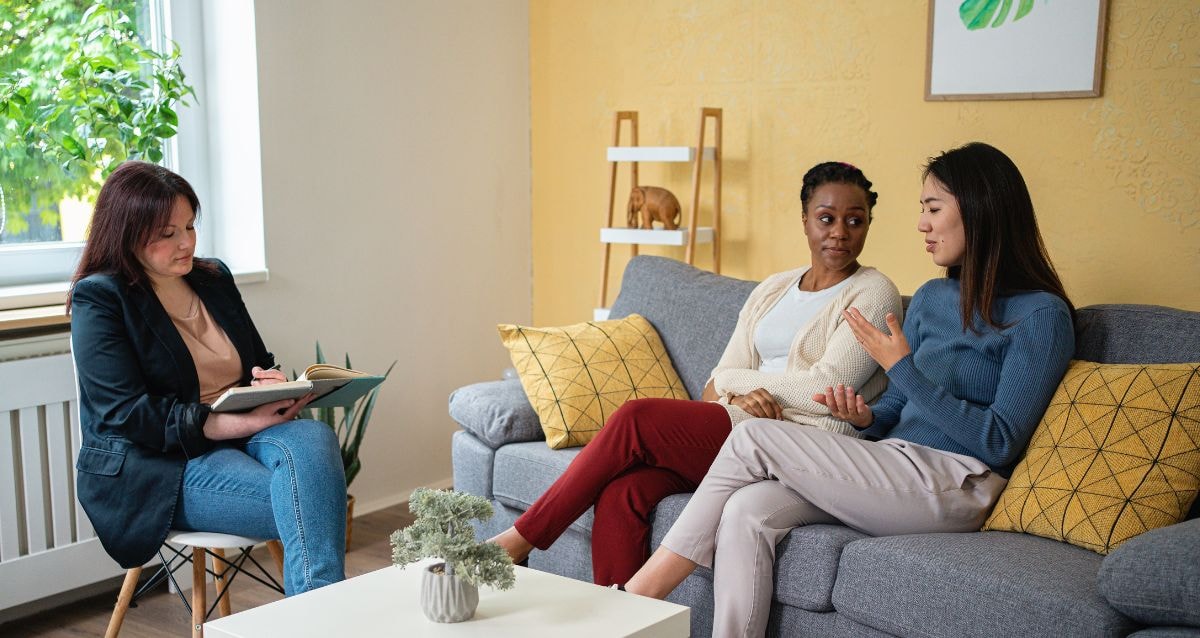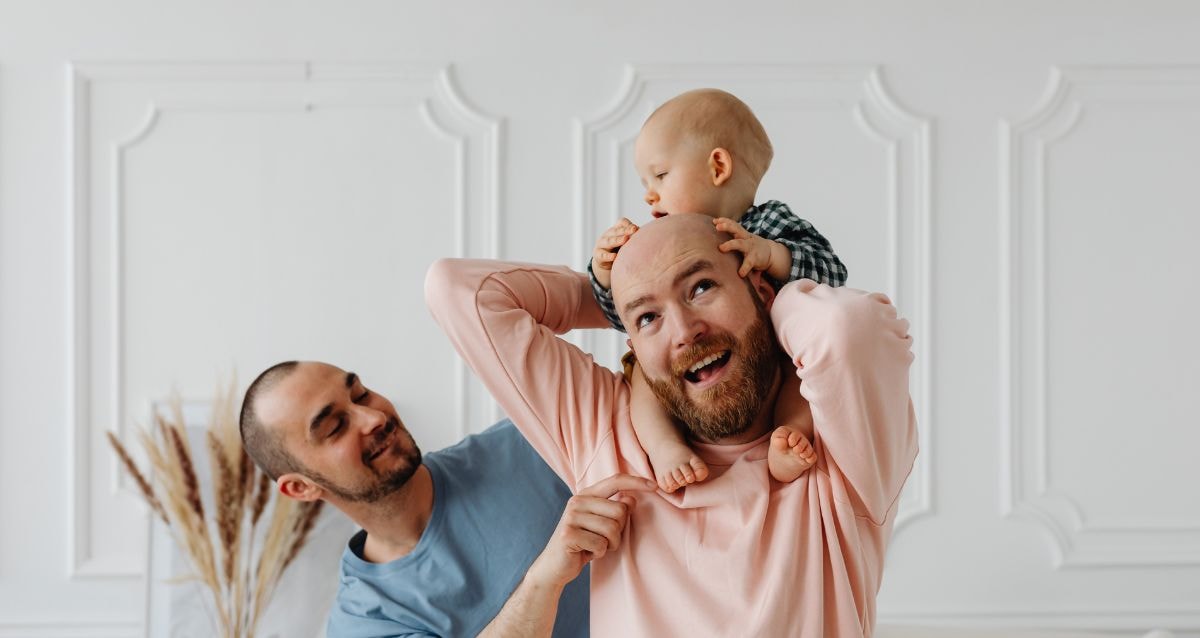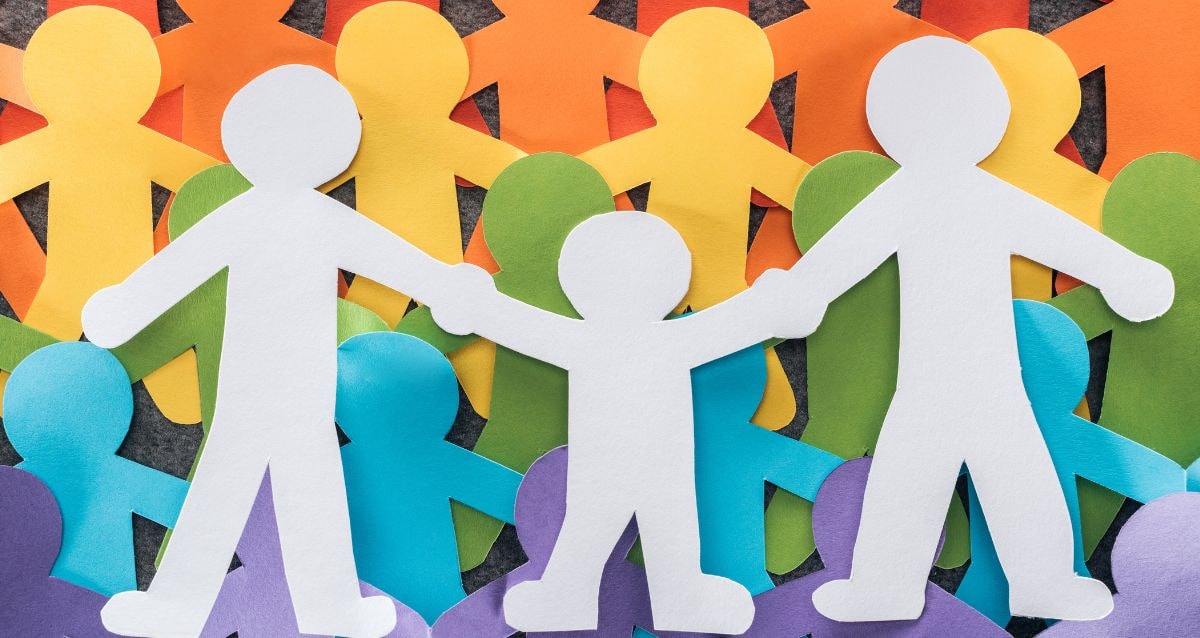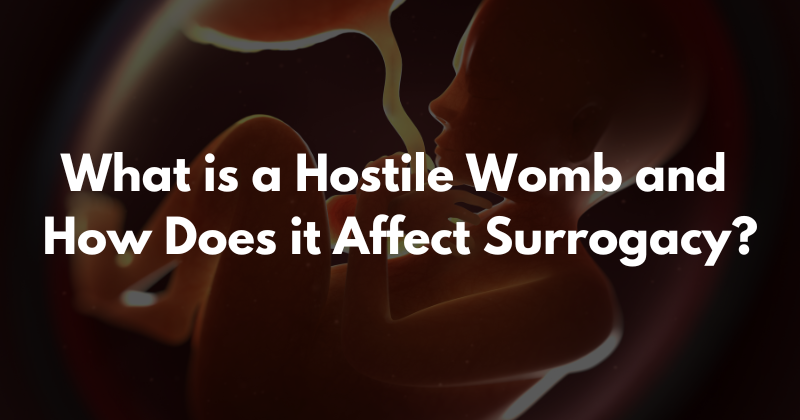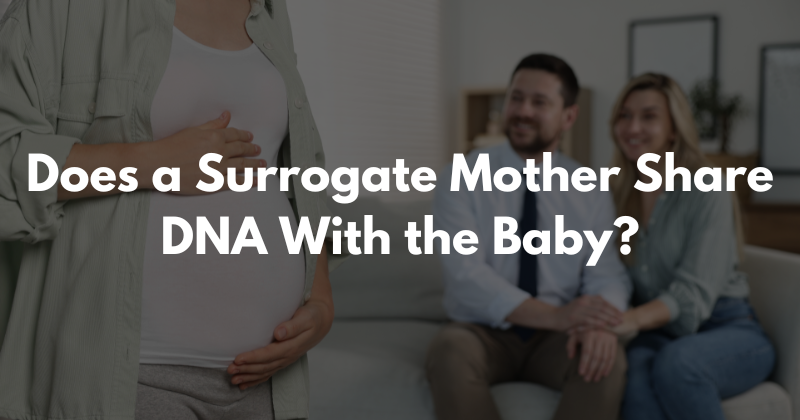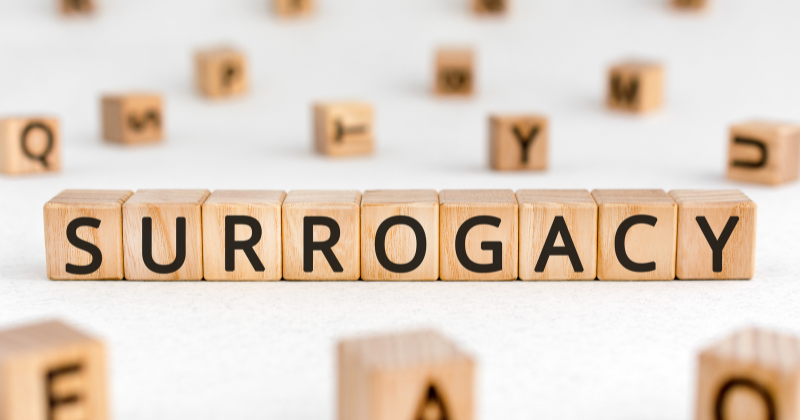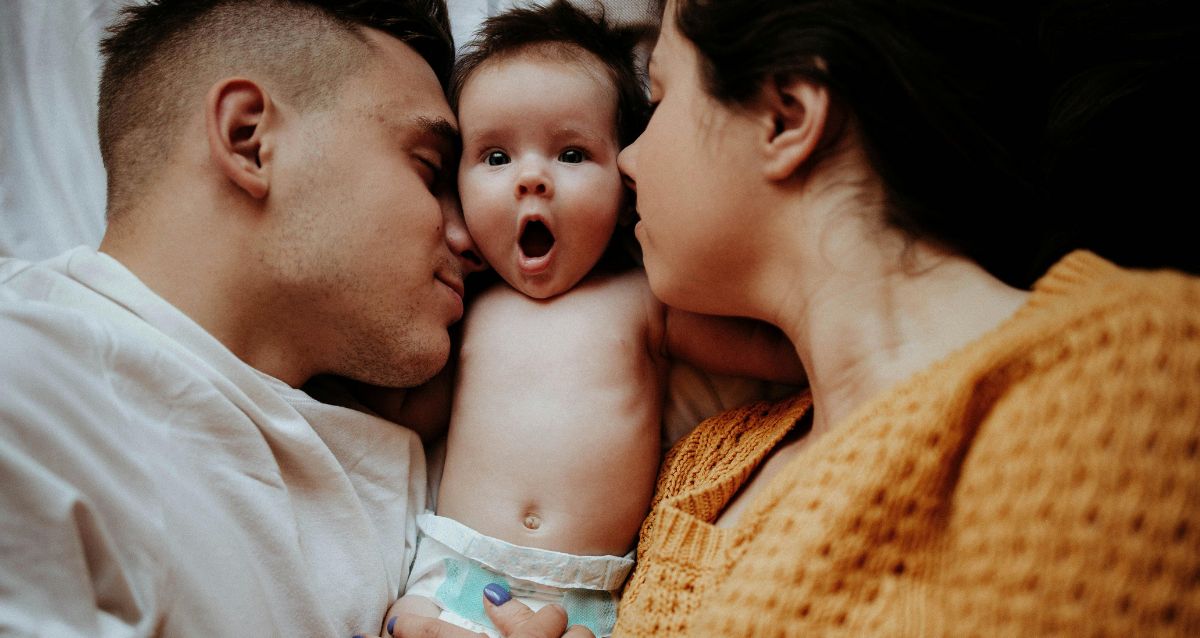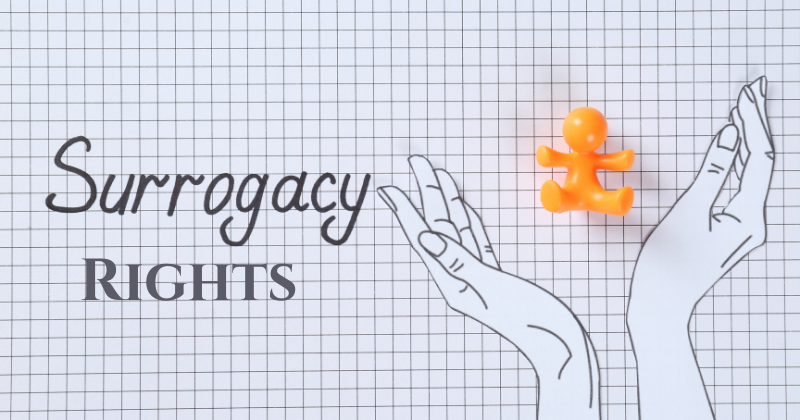Becoming an egg donor is a deeply personal decision, one that’s often filled with emotion, curiosity, and a desire to help someone start or grow their family. But with this powerful gift comes an important question, Is egg donation for money safe? The short answer is yes! Let’s walk through the entire egg donation process together, so you feel empowered to make the choice that’s right for you.
Key Takeaways
- Egg donation is medically safe for most healthy women when performed under expert care, with rare but manageable risks.
- First-time egg donors are typically compensated between $5,000 and $10,000, with higher pay for repeat or qualified donors.
- Donors must meet health, age, and lifestyle criteria, and commit to screenings, appointments, and hormone injections.
- Women can donate eggs up to six times to protect their health and ensure ethical medical practices.
What Is Egg Donation for Money?
In simple terms, egg donation is when a woman (egg donor) donates her eggs to help another individual or couple (the egg recipient) conceive a baby. [Source] The donor is generously compensated for her time, effort, and the physical demands of the donation process. This is known as egg donation for money. Make no mistake, while financial gain is a factor, the decision is deeply meaningful and often driven by a selfless act to help change someone else’s life.
Is Egg Donation Safe?
For most women in good health, the process of donating eggs is considered medically safe when done under the care of a reputable fertility center and a skilled reproductive endocrinologist. That said, every medical procedure has potential risks and side effects, and it’s important to be aware of them before making a major decision like this.
Egg Donor Requirements
Before you begin the egg donation process, it’s important to know if you meet the necessary qualifications. These criteria are in place to protect both the egg donor and the recipient, and to ensure the success of the donation cycle.
To become an egg donor, you must meet the following requirements:
- Be a healthy female between 21 and 28 years old
- Have a regular menstrual cycle
- Maintain a BMI between 19 and 29
- Be free of sexually transmitted diseases (STDs)
- Be a non-smoker and drug-free
- Be psychologically healthy, with no history of psychotic disorders
- Not be taking antidepressants, tranquilizers, or mood stabilizers
- No new tattoos or piercings within the last 6 months
- Have not used Depo-Provera, had a hormonal IUD, or given birth in the past few months
(You must have had at least three regular periods after stopping these before donating) - Not currently using Nor-Plant
- Be willing to attend approximately 8 appointments over a 3-week period
- Be mature, reliable, and fully committed to completing the entire egg donation process
- Have no criminal record
- Be open to a full medical and psychological evaluation
- Be comfortable with injectable medication, typically small subcutaneous hormone shots
These egg donor requirements are part of the initial screening process and help ensure that both you and the future egg recipient are protected throughout the journey. If you meet these guidelines and feel called to help someone build a family, you may be a great candidate to donate your eggs and take part in this life-changing experience.
Here’s a step-by-step look at the entire process, from the egg donor application to the egg retrieval appointment, including the safety aspects at each stage.
Step 1: The Initial Screening Process
The first step in becoming an egg donor is completing an egg donor application. This detailed form will ask about your medical history, lifestyle, education, and family background.
If accepted, you’ll move on to the initial screening process, which includes:
- Medical screening, including bloodwork, hormone level testing, and infectious disease panels.
- Genetic testing, to rule out inherited conditions that could be passed to a child.
- Psychological screening, to assess your mental and emotional readiness.
- Ultrasounds, to evaluate your ovarian reserve and the health of your ovaries.
All of this ensures that you’re a good candidate to donate your eggs safely, and that your donor eggs have the best chance of helping someone conceive.
Step 2: The Egg Donation Process Begins
If you’re approved after screening, you’ll start the donation cycle. This includes taking birth control pills to synchronize your cycle, followed by hormone injections to stimulate your ovaries to produce multiple eggs.
You’ll be closely monitored through regular monitoring appointments every few days for two weeks. These visits involve:
- Blood tests to monitor hormone levels
- Ultrasounds to track the growth of follicles
The entire egg donation process typically takes a few weeks, and while many first time egg donors feel nervous, the staff at your fertility clinic will be there to guide you every step of the way.
Is This Part Safe?
For most women, this part of the process is safe but not without some potential side effects, including:
- Bloating
- Mood swings from injectable medications
- Pelvic pain as your ovaries become temporarily enlarged
- Ovarian hyperstimulation syndrome (OHSS), a rare but serious reaction to hormone injections
- Ovarian torsion, an even rarer complication, where an ovary twists
These risks are uncommon, but they’re why regular monitoring appointments and honest communication with your reproductive medicine team are essential.
Step 3: The Egg Retrieval Procedure
Once your follicles have reached the right size, your egg retrieval appointment will be scheduled. This is a short outpatient procedurewhere a small needle is guided through the vaginal wall using ultrasound to gently collect the eggs from your ovaries.
The procedure takes about 20 to 30 minutes under sedation. So you won’t feel pain during it, but mild cramping or pelvic pain afterward is common. You’ll rest for a bit at the clinic before going home the same day.
Most donors return to normal activity within a day or two, though your ovaries may still feel a bit sensitive.
What Happens After Donation?
After the donation process, your body typically resumes its natural cycle quickly. Your fertility center may recommend avoiding intense exercise or intercourse for a few days until your ovaries return to their normal size.
You’ll also receive your egg donor compensation, which varies by region and clinic, but first-time egg donors can expect to be paid anywhere from $5,000 to $10,000 or more. At Creative Love, the compensation for first-time donors begins at $10,000.00. Some clinics offer higher compensation for repeat donors, those with specific educational or ethnic backgrounds, or those willing to be non-anonymous donors.
Can You Donate More Than Once?
Yes. In fact, many egg donors choose to donate eggs up to six times, which is the recommended maximum set by the American Society for Reproductive Medicine. Each donation cycle includes the same screening, injections, monitoring, and retrieval. [Source]
This is a commitment, not just of time, but of emotional energy. Many women say they feel an overwhelming sense of purpose after helping someone else create their family.
Why Do Women Choose Egg Donation for Money?
Let’s be honest, financial gain plays a role, and that’s okay. The egg donation process takes a significant time commitment, and it involves real medical procedures. Egg donors undergo testing, take hormones, and rearrange their schedules to accommodate clinic visits and recovery.
But ask many women why they donate, and you’ll often hear something much deeper:
“I just wanted to help someone have the child they’ve always dreamed of.”
“I had my own kids and knew how incredible it is, I wanted to give that gift to someone else.”
“The compensation helped me pay off student loans, but the emotional reward was far greater.”
Is It Worth It?
Only you can answer that. But here’s what you deserve to know:
- The donation process is medically safe for most women, especially when done under expert care.
- The screening process is thorough, designed to protect your health and the future egg recipient.
- There are potential side effects, from mild bloating to rare but serious conditions like OHSS or ovarian torsion, but risks are minimized through careful monitoring.
- You will be generously compensated for your time commitment, physical effort, and emotional generosity.
- You’ll be giving a gift that changes someone else’s life.
Final Thoughts: A Selfless Act with Heart and Science
Choosing to donate eggs is not just about egg donation for money, it’s about being part of something bigger. Something personal. Something emotional. You are helping someone else, someone who may have tried everything, finally hold their baby.
Yes, there are injectable medications, regular monitoring appointments, and a procedure that can be intimidating. But the entire egg donation process is built with safeguards and support every step of the way.
If you’re in good health, ready for the time commitment, and feel called to this selfless act, then fill out our egg donor application form or contact our team for more information.
Frequently Asked Questions
Is the egg donation process painful?
The egg retrieval is done under sedation, so you won’t feel pain during the procedure. You may experience mild cramping or pelvic pain afterward.
Can I still have children after donating eggs?
Yes. Donating eggs does not affect your ability to have a baby in the future. Your body naturally matures multiple eggs each cycle, but typically only one ovulates. The process just collects the others.
How often can I donate my eggs?
You can donate eggs up to six times, according to guidelines from reproductive health authorities.
What disqualifies you from becoming an egg donor?
Certain health conditions, lifestyle choices (like smoking), or results from genetic testing or infectious diseases screenings may disqualify you. Every clinic has its own requirements.
Can I remain anonymous during the egg donation process?
Yes. Many programs allow you to be an anonymous donor, though there are also open and semi-open arrangements based on your preference and that of the egg recipient.
Wendy Arker entered the field of infertility with a huge heart and passion to guild others on their quest to grow their own family after her personal journey with infertility and turning to egg donation and sperm donation to create her own family. Being a single-mother-by-choice, Wendy understands firsthand the unique way families are built. Whether you’re a married couple, single, or LBGTQ, Creative Love is committed to assisting you.

